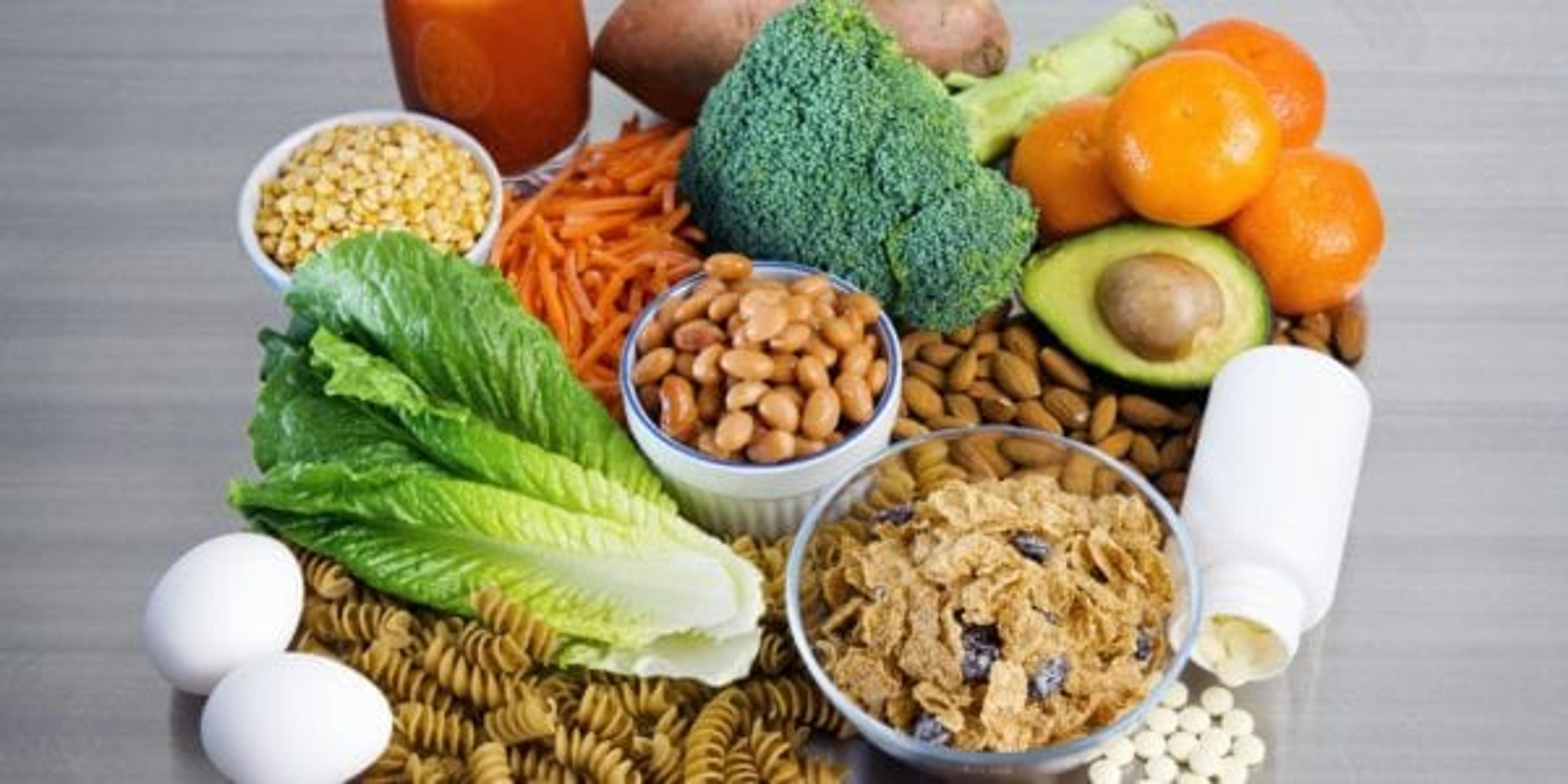What Pregnant Women Need to Know About Folic Acid
Amy Barczy
| 4 min read

Folic acid helps humans form new cells. From hair to skin to nails, your body is in a constant state of growth – and internally, in a constant state of maintenance.
Men and women need folic acid in their diets – but once a woman becomes pregnant, folic acid becomes especially critical as it plays a key role as the fetus grows.
Pregnant women need to both eat a balanced diet full of natural sources of folate, as well as to take a supplement to ensure they are getting the full amount of folic acid they need.
Folic acid is important even when you’re not pregnant.
Half of all pregnancies in the U.S. are unplanned – and the crucial stages of development for a baby’s brain and spine occur three to four weeks after conception before most women know they’re pregnant.
Folic acid is especially important when you’re pregnant.
Folic acid aids in the formation of the fetus’ neural tube and can prevent major birth defects of the baby’s brain and spine.
You need folic acid AND folate.
Folic acid and folate are both forms of vitamin B9 – but they are different enough that your body processes each form differently.
Folic acid is the synthesized form that is used in processed foods and supplements. Your body needs a specific enzyme in order to break folic acid down.
Folate is the naturally occurring form that is found in whole foods like leafy green vegetables, eggs and citrus fruits.
Up to 60% of women aren’t able to fully process folic acid due to a genetic defect, which may prevent them from absorbing B vitamins. That’s why it’s recommended to consume folate from whole food sources, as well as supplements that contain active folate instead of folic acid.
How much folic acid and folate do I need?
For general health, adult women should consume 400 mcg of dietary folate equivalents (DFE) each day.
During pregnancy, women should increase their consumption to 600 mcg DFE through supplements like pre-natal vitamins, fortified foods and from natural folate from their diet.
Breastfeeding women should continue to consume a higher quantity of folate than usual; about 500 mcg DFE per day.
Check your breakfast cereal to see if it has folic acid.
Some foods in the U.S. have been fortified with folic acid, including rice, pasta, bread and breakfast cereals. Check the nutrition facts label to see if your products at home contain folic acid, and to understand how much of your daily value of folic acid is contained in a serving.
Note that generally, nutrition fact labels consider your daily value of folic acid to be 400 mcg DFE.
Some prenatal vitamins include folic acid as well. Look for a prenatal vitamin or supplement that includes active folate.
Load up on leafy green vegetables, citrus fruits and beans.
Eating a balanced diet that’s full of leafy green vegetables, citrus fruits and legumes like lentils and Great Northern beans can supply a lot of a pregnant woman’s folate needs.
Some foods contain the active form of folate that does not need to be broken down by an enzyme, including kale, spinach, kefir and miso.
Here are some examples of how much folate can be found in certain foods:
- Beef liver, braised, 3 oz: 215 mcg DFE/serving, 54% of daily value
- Spinach, boiled, ½ cup: 131 mcg DFE/serving, 33% of daily value
- Black-eyed peas, boiled, ½ cup: 105 mcg DFE/serving, 26% of daily value
- Asparagus, boiled, 4 spears: 89 mcg DFE/serving, 22% of daily value
- Brussel sprouts, frozen, boiled, ½ cup: 78 mcg DFE/serving, 20% of daily value
- Spinach, raw, 1 cup: 58 mcg/serving, 15% of daily value
- Broccoli, chopped, frozen, cooked, ½ cup: 52 mcg DFE/serving, 13% of daily value
You need to eat folate and take supplements during pregnancy.
It’s difficult to get the daily recommended amount of folic acid and folate – 600 mcg DFE – only through your diet. That’s why a combination of supplements and diet is advised during pregnancy. Talk to your doctor about what prenatal vitamins are safe to take.
If you enjoyed this article you may also like:





